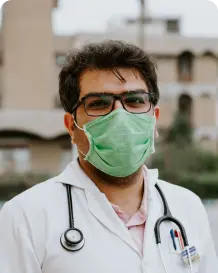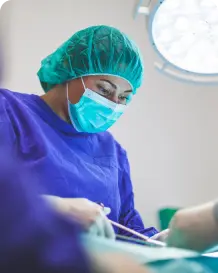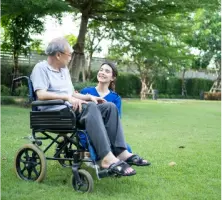Know All About Piles Treatment in Chennai
Piles, also known as hemorrhoids, are swollen veins in the lower rectum and anus causing discomfort and bleeding. Piles, also known as hemorrhoids, are swollen veins in the lower rectum and anus causing discomfort and bleeding.
Latest procedures
 50+
50+
Expert surgeons
Personal Assistance










